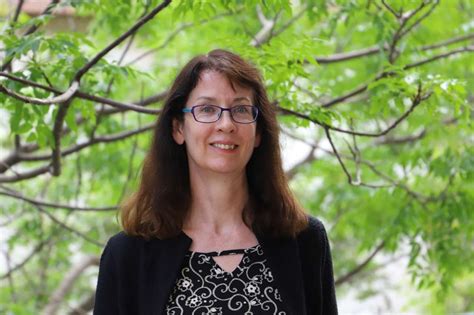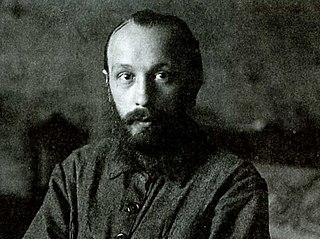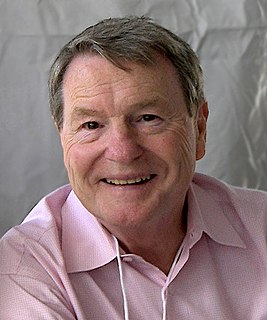A Quote by Deborah Lupton
No longer is the body a temple to be worshipped as the house of God; it has become a commodified and regulated object that must be strictly monitored by its owner to prevent lapses into health-threatening behaviors as identified by risk discourse. For those with the socioeconomic resources to indulge in risk modification, this discourse may supply the advantages of a new religion; for others, this discourse has the potential to create anxiety and guilt, to promote hopelessness and fear of the future.
Quote Topics
Advantages
Anxiety
Become
Behaviors
Body
Create
Discourse
Economic Resources
Fear
Fear Of The Future
Future
God
Guilt
Health
Hopelessness
House
House Of God
Identified
Indulge
Indulge In
Lapses
Longer
May
Modification
Must
New
Object
Others
Owner
Potential
Prevent
Promote
Religion
Resources
Risk
Strictly
Supply
Temple
Those
Threatening
Related Quotes
Health education emphasizing risks is a form of pedagogy, which, like other forms, serves to legitimize ideologies and social practices. Risk discourse in the public health sphere allows the state, as the owner of knowledge, to exert power of the bodies of its citizens. Risk discourse, therefore, especially when it emphasizes lifestyle risks, serves as an effective Foucauldian agent of surveillance and control that is difficult to challenge because of its manifest benevolent goal of maintaining standards of health. In doing so, it draws attention away from the structural causes of ill-health.
Just as a moral distinction is drawn between "those at risk" and "those posing a risk", health education routinely draws a distinction between the harm caused by external causes out of the individual's control and that caused by oneself. Lifestyle risk discourse overturns the notion that health hazards in postindustrial society are out of the individual's control. On the contrary, the dominant theme of lifestyle risk discourse is the responsibility of the individual to avoid health risks for the sake of his or her own health as well as the greater good of society.
The public discourse on global warming has little in common with the standards of scientific discourse. Rather, it is part of political discourse where comments are made to secure the political base and frighten the opposition rather than to illuminate issues. In political discourse, information is to be 'spun' to reinforce pre-existing beliefs, and to discourage opposition.
There can be no religious discourse which is in conflict with its environment and with the world and therefore, we Muslims need to modify this religious discourse. And this has nothing to do with conviction and with religious beliefs, because those are immutable. But we need a new discourse that will be adapted to a new world and which will remove some of the misconceptions.
As soon as we cease to believe in such an engineer and in a discourse which breaks with the received historical discourse, and as soon as we admit that every finite discourse is bound by a certain bricolage and that the engineer and the scientist are also species of bricoleurs , then the very idea of bricolage is menaced and the difference in which it took on its meaning breaks down.
There is that lovely feeling of one reader telling another, 'You must read this.' I've always wanted to write a book like that, with the sense that you are contributing to the discourse in middle America, a discourse that begins at a book club in a living room, but then spreads. That is meaningful to me.

































